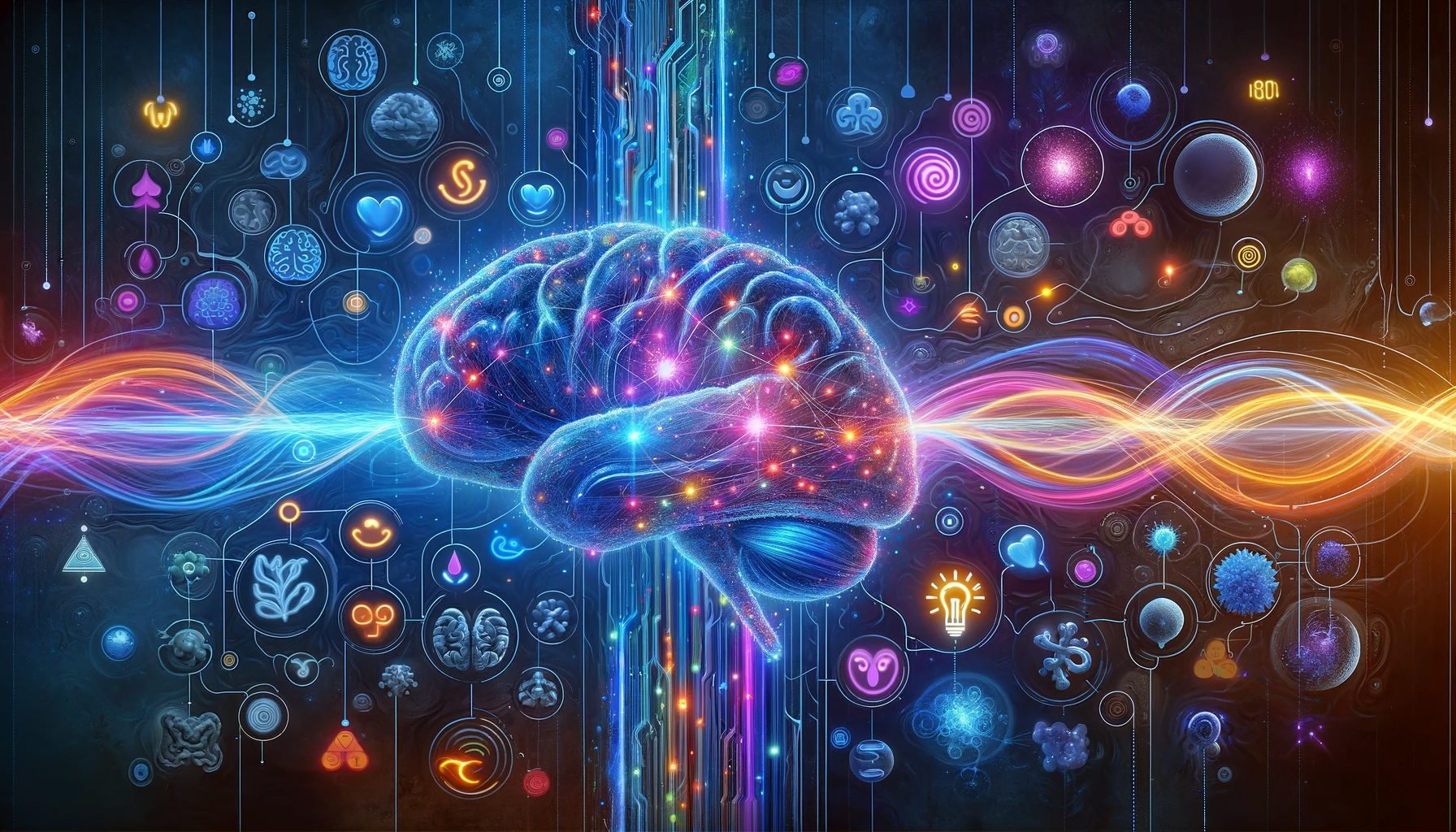Introduction: Schizophrenia is a complex psychiatric disorder that requires a comprehensive treatment approach. This article examines the role of antipsychotic medications and psychosocial interventions in treating schizophrenia, discussing the benefits, challenges, and combined impact of these treatment methods.
Understanding Schizophrenia Treatment: Effective treatment for schizophrenia often involves a combination of medication, psychosocial interventions, and support services. The primary goal is to reduce the severity of symptoms, improve quality of life, and support the individual’s journey toward recovery and independence.
Role of Antipsychotic Medications:
- Mechanism of Action: Antipsychotics work by altering the effect of neurotransmitters in the brain to reduce psychotic symptoms like hallucinations and delusions.
- Types of Antipsychotics: Includes first-generation (typical) and second-generation (atypical) antipsychotics.
- Benefits: These medications can significantly reduce symptoms and prevent relapses.
- Considerations: Side effects, long-term health implications, and the need for regular monitoring are important considerations in medication management.
Psychosocial Interventions:
- Psychotherapy: Including individual therapy, Cognitive Behavioral Therapy (CBT), and supportive therapy to manage symptoms and improve functioning.
- Family Education and Support: Helping families understand schizophrenia and how to support their loved ones effectively.
- Social Skills Training: Focused on improving communication and interpersonal skills.
- Vocational Rehabilitation and Supported Employment: Assisting individuals in gaining and maintaining employment.
Combining Medication and Psychosocial Interventions:
- Integrated Approach: A combined approach typically leads to the best outcomes, addressing both the symptoms and the broader impacts of schizophrenia on an individual’s life.
- Personalization: Treatment plans should be tailored to the individual’s needs, preferences, and response to treatment.
Challenges in Schizophrenia Treatment:
- Adherence to Medication: Ensuring consistent use of medication can be challenging due to side effects or lack of insight.
- Access to Psychosocial Services: Availability and accessibility of comprehensive psychosocial services can vary.
- Holistic Care: Addressing not just the psychiatric symptoms but also the social, vocational, and wellness aspects of the individual’s life.
Conclusion: Treating schizophrenia is a multifaceted endeavor that necessitates a collaborative, patient-centered approach. Antipsychotic medications play a crucial role in symptom management, while psychosocial interventions are essential for improving functional outcomes and overall quality of life. Ongoing support, regular assessment, and adjustments to the treatment plan are key to managing this complex condition effectively.


